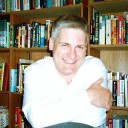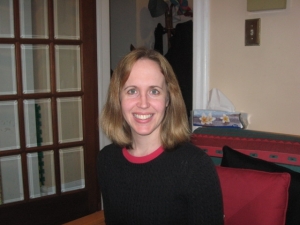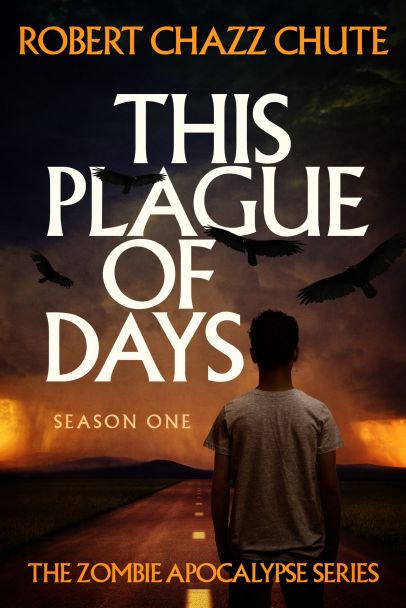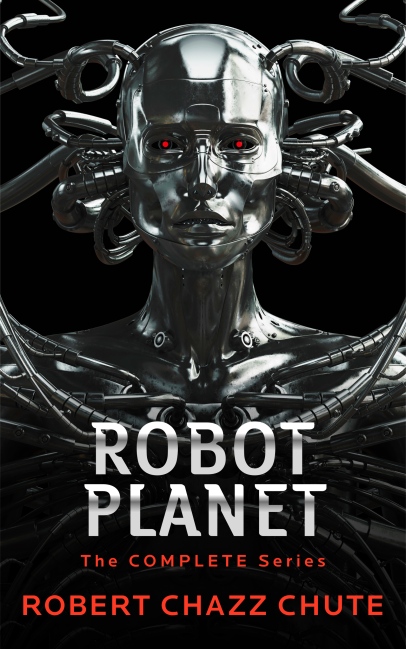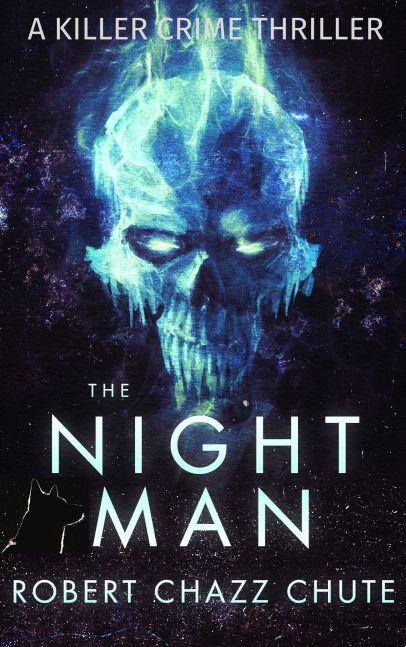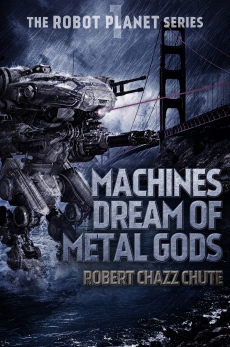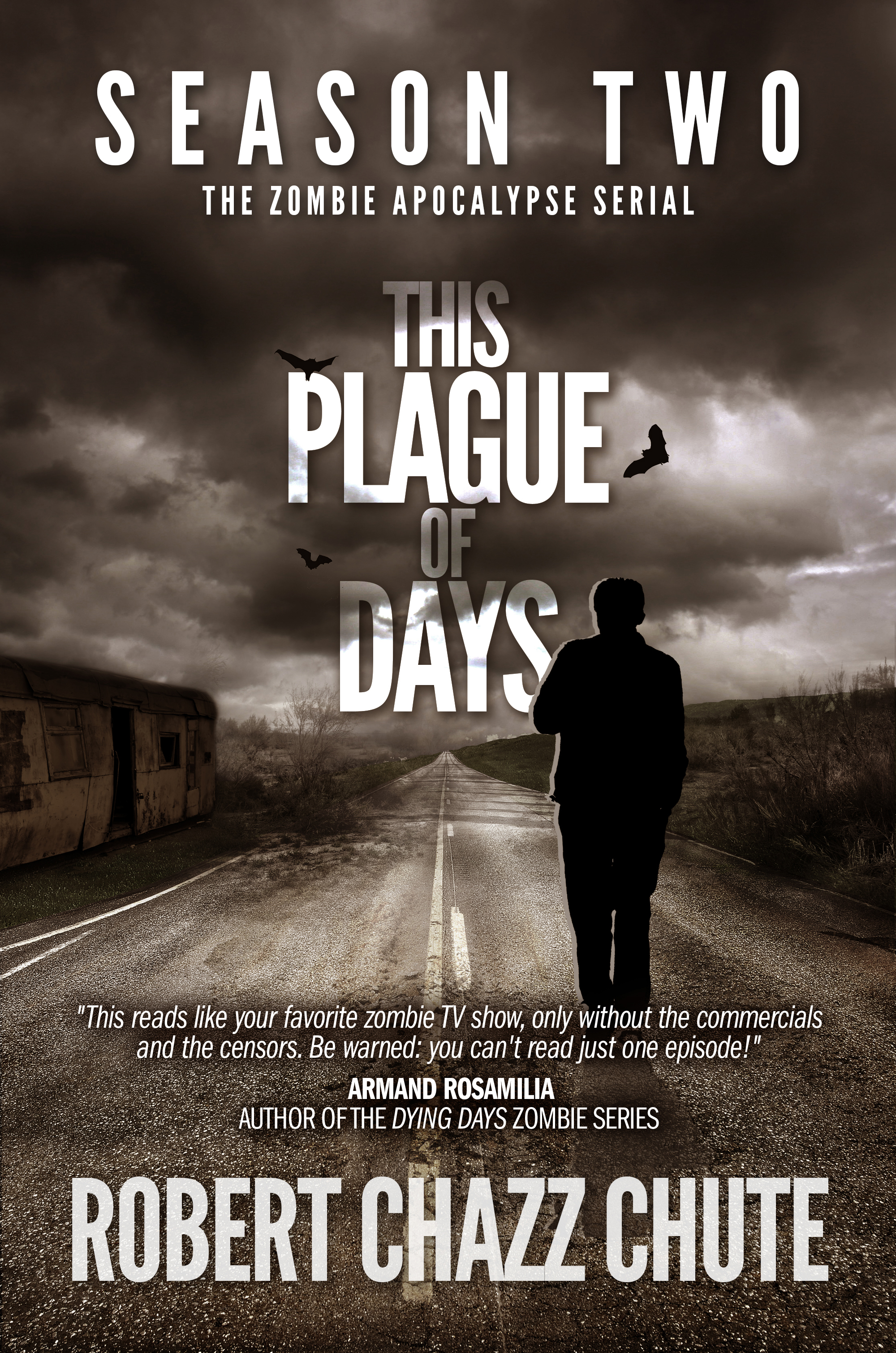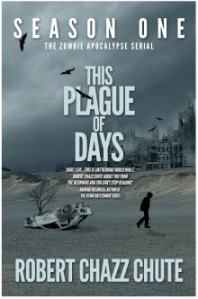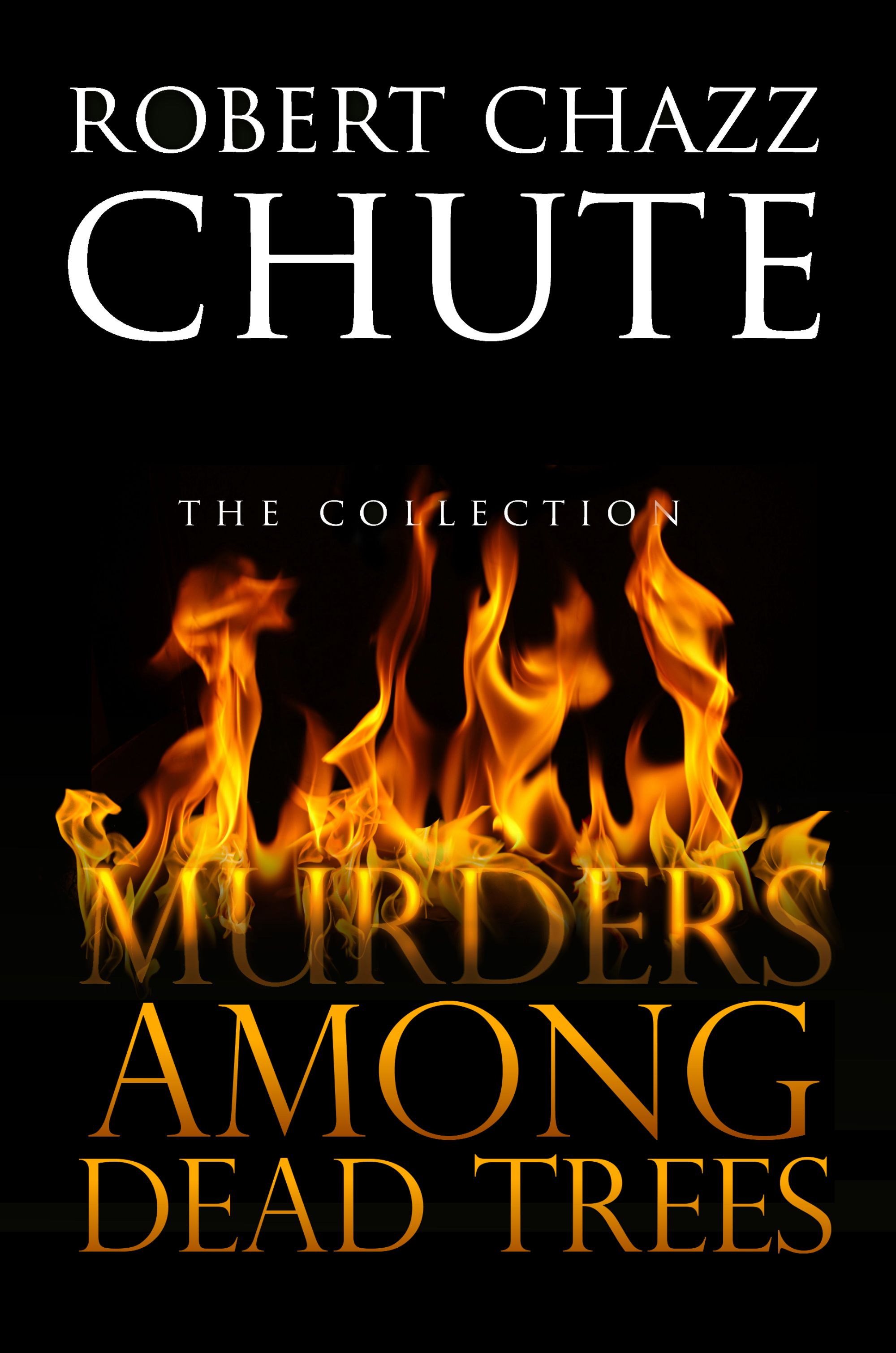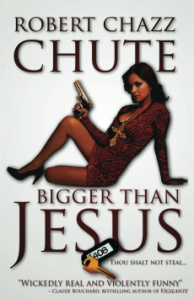We are in a battle for attention. Here are three things to consider today to get readers’ attention and keep it:
1. List posts, like this one, are popular because they are easier for readers to scan. (They’re also pretty quick to write.)
2. There’s a good chance your blog posts are too long. Mine often have been. I changed that once I realized how few people give blogs a deep reading. You probably aren’t reading this. You’re scanning this for what you can use.
3. I put the font for this blog in bold after a few readers complained the font was thin. Some readers, either because of their devices or their eyesight, still had problems reading the font. I bumped it up again.
4. When you write a blog post, you often have the option of adding links outside your blog. Click the underlined word and blog readers get whisked away for more on “kerning” and its history. I used to do that within blog posts but not now. Those links are excuses for readers to put their attention elsewhere. If they need something explained, explain it for them. I still provide related articles at the bottom of most posts for added value. New readers often find me through those links.
5. Go to your author profile on whatever sales platforms you use. Shorten it. I wrote a hilarious profile for Amazon. It was funny and informative, but it wasn’t doing its job because it was too long. People want to know enough to have confidence you could write an informative or entertaining book. Leave some mystery and make it an invitation instead of forcing the full bodacious on them all at once. If they want to know more about me, they can visit my author site or (gasp!) purchase my books. We want browsers to read our books, but they’re merely scanning our author profiles, if that.
6. Add video. Your blog is a charging at us too hard on the first date and it’s intimidating.
You’ll notice a new feature at the top of this blog on the main page. A spokesperson tells you about some of my websites and the free ebook promotional offer. I added the text to the video for added punch. Since adding the video a couple of nights ago, traffic to my author site has risen 66 percent.
New visitors will stay if you use video to welcome them and get them acclimated to what you’re about. Regular visitors will discover something about you they didn’t know. We’re visual creatures and people are used to taking in information that way. Too much text all at once puts them off. Text is for books. (I use a spokesperson for the Cool People Podcast page, too. “What? You have two podcasts, Chazz?” See, somebody found out something new already. Notice, I’m tickling their ears with yet another medium: podcast.) For my author site, I’ll soon add a personal message from me instead of using a spokesperson.
To win eyeballs, hearts and minds, heavy text isn’t the answer. That’s for book readin’!
More white space and YouTube helps readers discover how awesome you are.
~ Add an author profile, pic or note (like this one) at the end of your blog posts, too, if you want. Glad you found me!
I’m a former journalist and columnist who has worked in all aspects of book and magazine publishing. Have you checked out all the cool videos and excerpts from my book about an autistic boy facing the end of the world? Go to ThisPlagueOfDays.com to learn more about my serial. Looking to lose weight and be healthier? Check out another of my blogs, DescisionToChange.com.
Related articles
- How Weird Al, Kevin Smith, Hugh Howey and Scott Sigler Succeed (chazzwrites.com)
- Uncomfortable answers to questions about blogging (chazzwrites.com)
- Why your interviews don’t work and how to fix the problem (chazzwrites.com)
- Blogging: 34 Things You’re Doing Wrong (socialmediatoday.com)
- The Blogger’s Guide to Creating Catchy Blog Post Titles (blogelina.com)
- How Do I Get More People to Read my Blog? (bloglocal.net)
Filed under: author platform, blogs & blogging, book marketing, publishing, added value, Amazon, Amazon Kindle, Author, author profile, author profiles, Blog, book marketing, Cool People Podcast, E-book, Podcast, Robert Chazz Chute, This Plague of Days, video, YouTube

